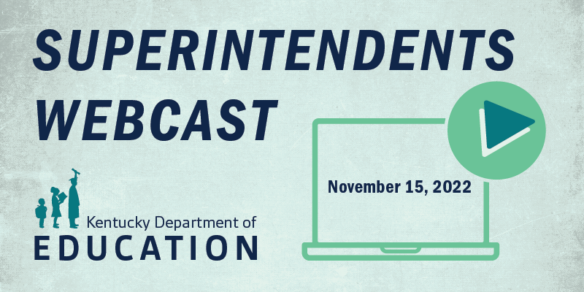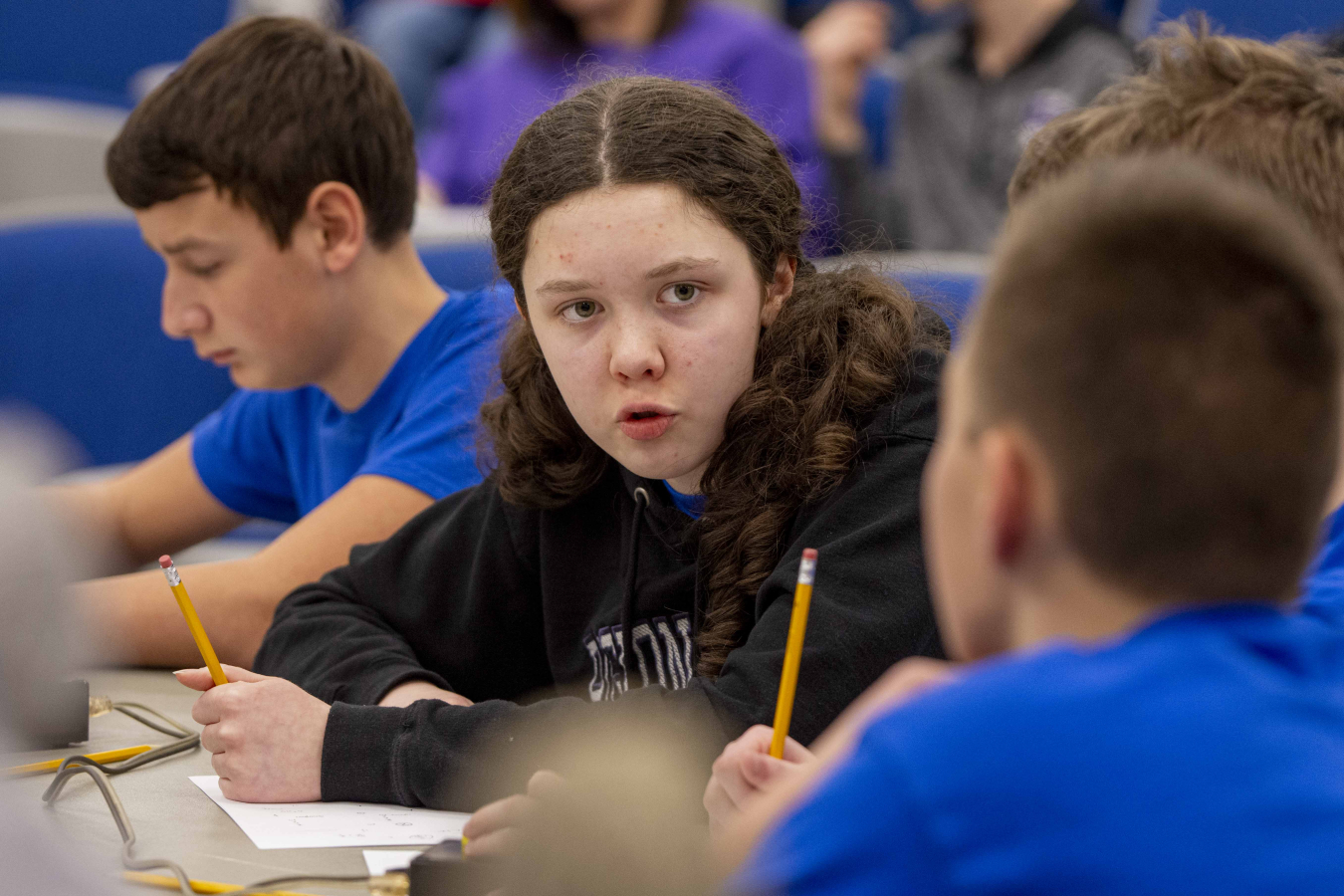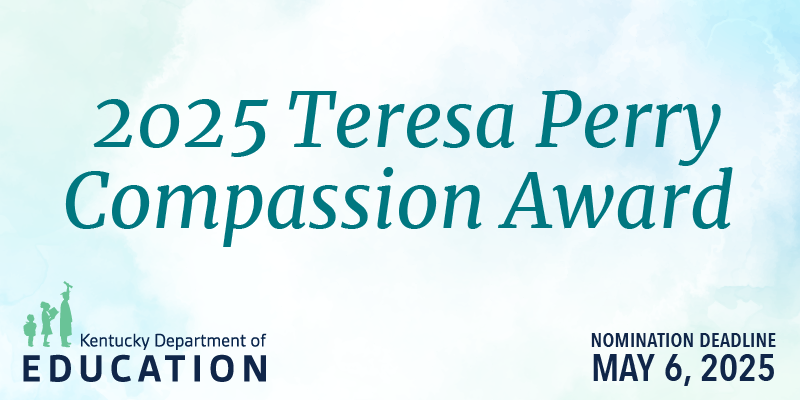
Kentucky’s public schools are increasingly shifting their focus to more practical learning experiences, engaging students in deeper lesson plans that build off prior knowledge and help students apply what they learn to real-world challenges.
During the Kentucky Department of Education’s (KDE’s) Superintendents Webcast on Nov. 15, representatives from the Kentucky Association of Educational Cooperatives spoke about what they are doing to bolster the progress made on deeper learning.
The Kentucky Educational Development Corporation (KEDC), one of eight cooperatives in the state working on deeper learning, held a series of training workshops for teachers to help them incorporate lesson plans that create more vibrant student experiences and innovation, keeping in line with the three big ideas of United We Learn, the Commonwealth’s vision for the future of public education in the state.
Abby Francis Laber, KEDC’s deeper learning coordinator for the Coronavirus Response and Relief Supplemental Appropriations Act (CRRSA) team, said they will wrap up their Deeper Learning Leadership Academy with the University of Kentucky on Dec. 2. The CRRSA team was funded using federal Elementary and Secondary School Emergency Relief (ESSER) funds provided by KDE.
“Our driving question through that work is, how can we reimagine the student experience to be more meaningful, relevant and inspiring so that every student is equipped for a successful future?” Laber said.
KEDC will hold more workshops starting in January that prioritize project-based learning. Several other cooperatives provided updates on similar workshops they plan to hold in different parts of the state with the same goals in mind.
For more information about future deeper learning workshops, visit the Kentucky Association of Educational Cooperatives website.
Purpose In Action
Superintendents also heard during the meeting about another initiative called the Purpose in Action Design Challenge, a program that encourages schoolwide teams to design and develop a manufacturing work cell prototype that meets the identified needs of students with disabilities. The new initiative, through KDE’s Office of Special Education and Early Learning, is being paid for through American Rescue Plan funding.
The challenge is designed to address the impact of the COVID-19 pandemic on postsecondary transition for students with disabilities. This is accomplished through partnerships with organizations such as manufacturer Parker Hannifin and the Berea Makerspace. Involving the community to enhance education is one of the goals in United We Learn.
Berea Independent and Woodford County are the first two school districts participating in this year’s inaugural Purpose in Action Design Challenge. In October, district teams visited Parker Hannifin’s O-ring headquarters in Lexington, where they heard from workplace professionals about the characteristics of the work environment, work processes and the company’s mission.
Students and staff learned firsthand from team members on the manufacturing center’s floor about designing a prototype that will be judged and, eventually, developed into an industry-standard work cell, which are essentially workspaces for people in the manufacturing industry.
Parker Hannifin purchased the materials for the school teams to create prototypes and funded other necessities for the project. Berea Makerspace updated its equipment to increase safety, improve accuracy and bridge the technology gap to even the playing field for both teams participating in the challenge.
“When businesses and communities work with the schools, that’s a win-win for everyone,” said Berea Independent School District Superintendent Diane Hatchett.
Woodford County School District Director of Special Education Tracey Francis said the challenge is an innovative way to bring people with disabilities and students without disabilities together for a vibrant experience.
“We need to build that compassion and empathy,” said Francis, “and this allows for that generation to work together.”
Update on federal COVID-19 dollars
The federal American Rescue Plan Act (ARP) and ESSER funding provided billions to help schools across the country deal with COVID-19 related expenses, but now districts face deadlines for how they plan to use the money. KDE Associate Commissioner Robin Kinney told superintendents that many districts need to update their ARP ESSER plan to ensure it aligns with federal standards.
Districts are required to update all three parts of their ARP ESSER plan: the spending plan/budget, the plan narrative, and the plan to safely return to in-person instruction that goes along with Senate Bill 1 (2021 special session).
The updated plans should be loaded into the Grants Management Application Program (GMAP) by Nov. 28, when Title I consultants will begin reviewing them.
- Superintendents also heard updates from the Kentucky Energy and Environment Cabinet about the Water Infrastructure Improvements for the Nation Grant program, which is run through the U.S. Environmental Protection Agency (EPA). Schools will be able to apply for money to voluntarily test for lead in drinking water and seek guidance for remediation.
The next Superintendents Webcast will be Dec. 13.




Leave A Comment